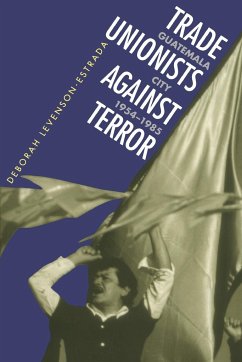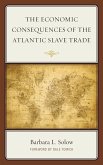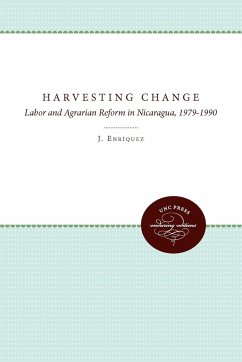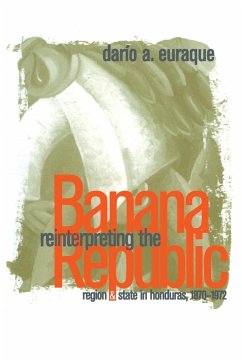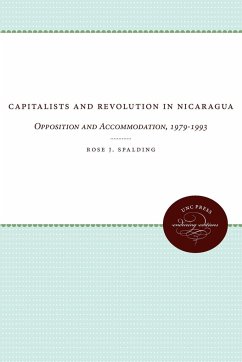Deborah Levenson-Estrada provides the first comprehensive analysis of how urban labor unions took shape in Guatemala under conditions of state terrorism. In Trade Unionists against Terror, she explores how workers made sense of their struggle for rights in the face of death squads and other forms of violent opposition from the state. Levenson-Estrada focuses especially on the case of 400 workers at the Coca-Cola bottling plant in Guatemala City, who, in order to protect their union, successfully occupied the factory for over a year beginning in 1984 while the country was under a state of siege. According to Levenson-Estrada, religion provided the language of resistance, and workers who were engaged in what seemed to be a dead-end battle constructed an identity for themselves as powerful agents of change. Based on oral histories as well as documentary sources, Trade Unionists against Terror also illuminates complex relationships between urban popular culture, gender, family, and workplace activism in Guatemala.
Hinweis: Dieser Artikel kann nur an eine deutsche Lieferadresse ausgeliefert werden.
Hinweis: Dieser Artikel kann nur an eine deutsche Lieferadresse ausgeliefert werden.

